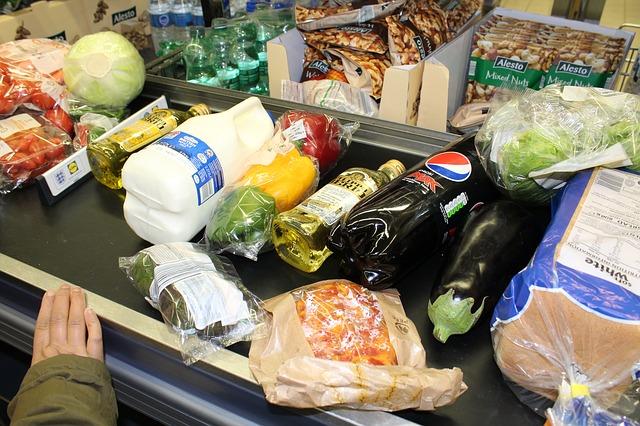by KARYN CZAR –
Congress is considering cuts to a key hunger-fighting program, a move that a new survey shows wouldn’t be popular among voters. The Supplemental Nutrition Assistance Program provides food assistance to about 650,000 Kentuckians, and a new poll by Greenberg Quinlan Rosner Research reveals that nearly two-thirds of people said they were opposed to reducing SNAP funding.
Economics professor James Ziliak, director of the University of Kentucky’s Center for Poverty Research, said the results aren’t surprising. “It demonstrates what we kind of all knew,” he said, “which is that Americans believe that the SNAP program is a very effective program, and food is a fundamental need and right for citizens of our country, and individuals who are in need of that assistance should have access to it.”
SNAP funding encompasses nearly 80 percent of spending in the Farm Bill, which must be reauthorized in Congress by September. The House and Senate have passed their own versions of the bill, and now the two must be reconciled.
Bob Martin, director of the Food System Policy Program at the Johns Hopkins Bloomberg School of Public Health’s Center for a Livable Future, which commissioned the poll, said that one of the main differences between the two bills is that the House bill would mandate stricter work requirements for getting food assistance.”It’s a key point of conflict, and really, on balance, the poll supports the Senate version of the Farm Bill as opposed to the House version,” he said. “So we do hope they’re paying attention.”
Sixty-seven percent of those polled agreed on some minimum work requirements to receive assistance. Supporters have said that would move SNAP beneficiaries toward self-sufficiency, but Ziliak said the cuts also would mean nearly 2 million Americans would lose crucial support. “The SNAP program has been shown to reduce food insecurity, it’s been shown to lead to better health outcomes for children, and it’s a program that’s been shown to be run very efficiently,” he said.
Survey responses were split on the idea of placing a cap on benefits for SNAP households of six or more people.

